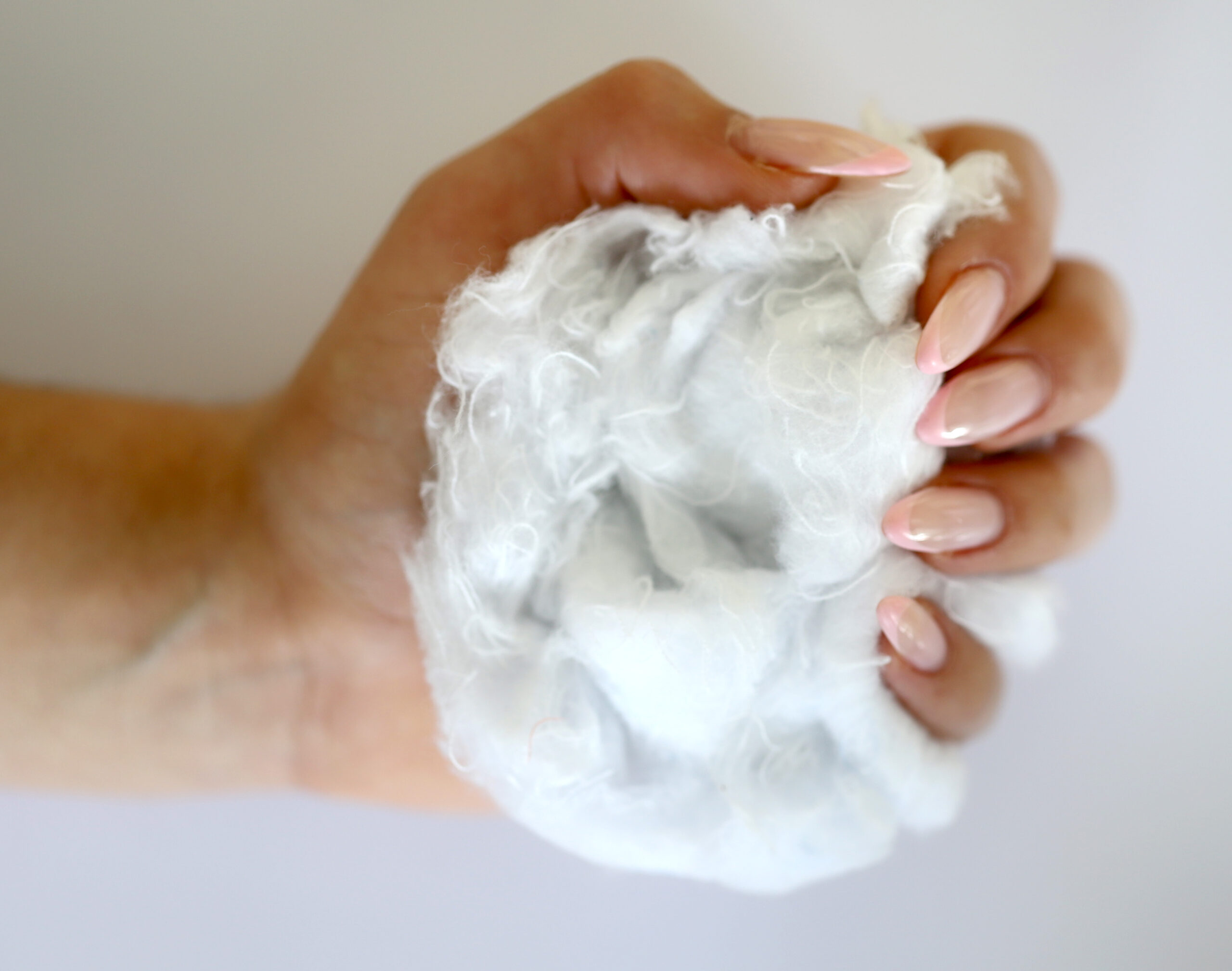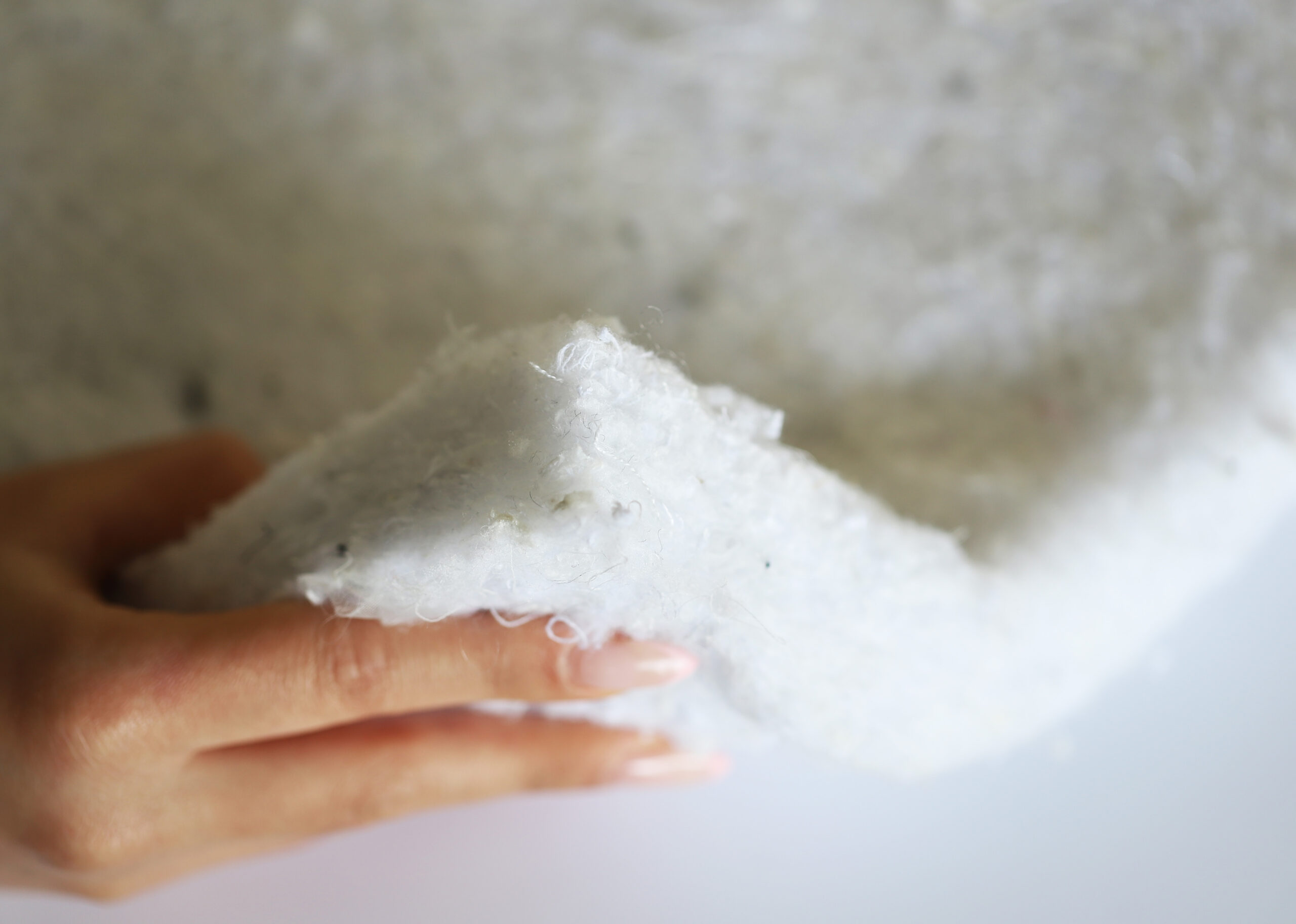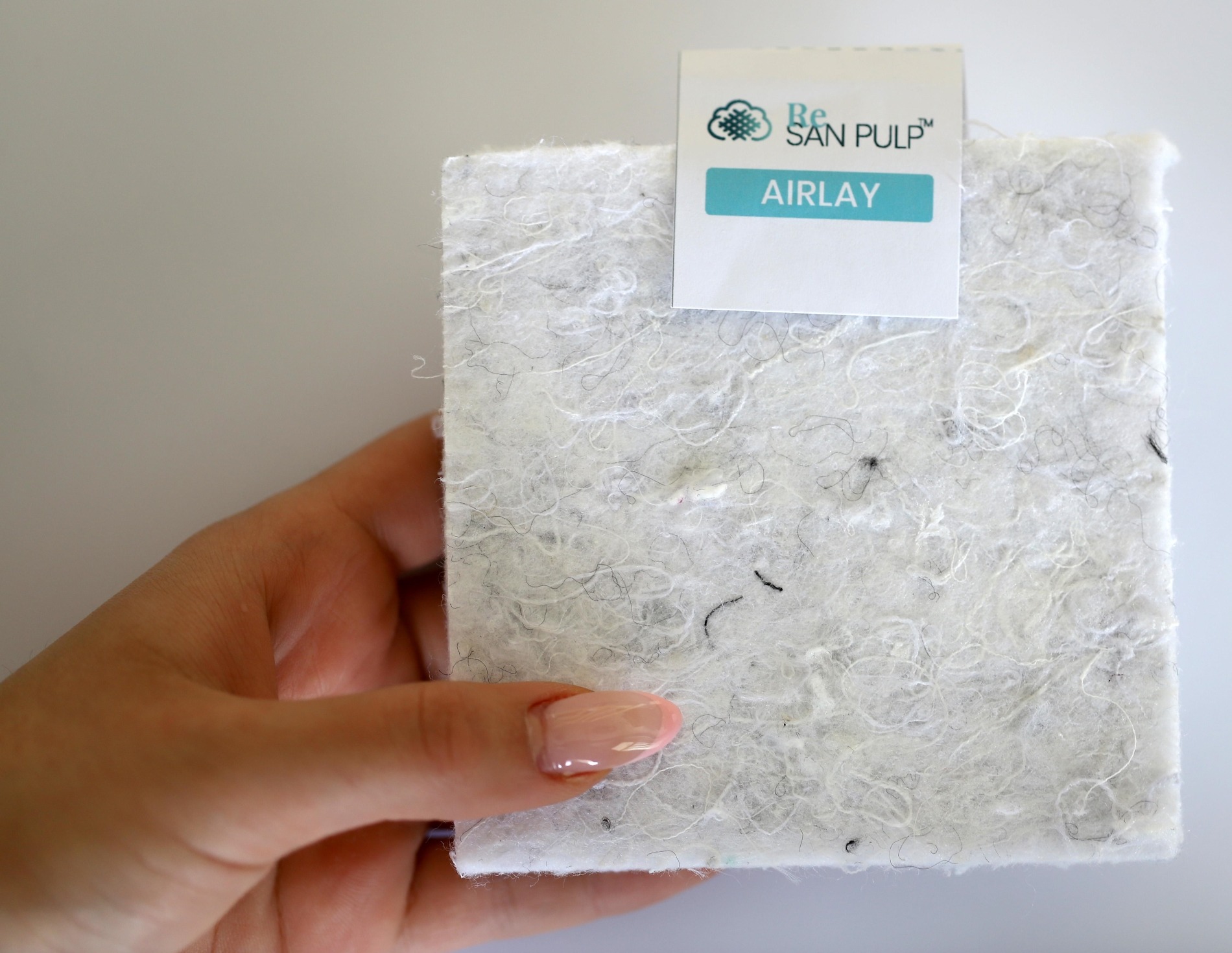The world of cosmetics is undergoing a transformative revolution, driven by the remarkable properties of nanocellulose. This innovative material is poised to meet the rising demand for sustainable bio-cosmetics, offering a host of benefits over conventional synthetic polymers. From lightweight formulations to enhanced functionality and a sustainable production process, nanocellulose is redefining the future of beauty products.
Understanding Nanocellulose: MFC, CNF, and CNC
Nanocellulose encompasses a range of materials, including Microfibrillated Cellulose (MFC), Cellulose Nanofibrils (CNF), and Cellulose Nanocrystals (CNC). These materials, derived from cellulose fibers, exhibit unique properties that make them invaluable in various applications, including cosmetics.
MFC: Composed of mechanically fibrillated cellulose fibers, MFC forms micro-scale fibrils that contribute to the strength and stiffness of materials.
CNF: Primarily nano-scale fibrils produced through mechanical or enzymatic means, CNF offers superior reinforcement and stability to formulations.
CNC: Nanocrystals separated from cellulose fibers through hydrolysis, CNC exhibits high crystallinity and unique properties that enhance material performance.
Re-Nano™: Redefining Sustainable Materials in Cosmetics
At the forefront of sustainable cosmetics is Re-Nano™, a groundbreaking nanocellulose derived from textile waste—the only one of its kind globally. This innovative material offers a multitude of benefits that set it apart from traditional wood-based sources:
- Energy Efficiency: Re-Nano™ requires up to 50% less energy during production, contributing to reduced carbon emissions and environmental impact.
- Purity and Cleanliness: Free from lignin and additives, Re-Nano™ ensures a clean and pure material for cosmetics formulations, promoting sustainability and eco-friendly practices.
- Cost-Effective Resource: Utilizing textile waste as a low-cost resource makes Re-Nano™ affordable and accessible, driving widespread adoption in the cosmetics industry.
- Environmental Impact: By repurposing waste resources, Re-Nano™ addresses pollution in the textile industry, making a positive contribution to environmental preservation.
- Global Availability: With a global supply chain and innovative production methods, Re-Nano™ can be sourced from textile waste worldwide, fostering global expansion and growth.
Enhancing Bio-Cosmetics with Re-Nano™
The unique properties of Re-Nano™ make it an ideal choice for high-performance bio-cosmetics formulations:
- Material Strength and Stiffness: Even in small additions, Re-Nano™ significantly boosts material strength and stiffness, making it perfect for high-performance cosmetics.
- Formulation Stability: Re-Nano™ stabilizes formulations without thickening, preventing phase separation and enhancing additive efficiency.
- Optimal Spray Performance: Achieve optimal sprayability with Re-Nano™, which offers thixotropic rheology and easy spreadability without dripping.
- Moisturizing Benefits: Experience a fresh skin-feel with quick absorption and no greasiness or tackiness, thanks to Re-Nano™‘s moisturizing properties.
Embracing Sustainable Beauty
As the beauty industry shifts towards sustainability, nanocellulose, especially solutions like Re-Nano™, emerges as a game-changer in bio-cosmetics. Its advanced functionality, eco-friendly production, and performance-enhancing properties make it a must-have ingredient for brands committed to sustainable beauty.
Join the movement towards sustainable beauty with Re-Nano™—where innovation meets eco-consciousness for a brighter, more beautiful future.






